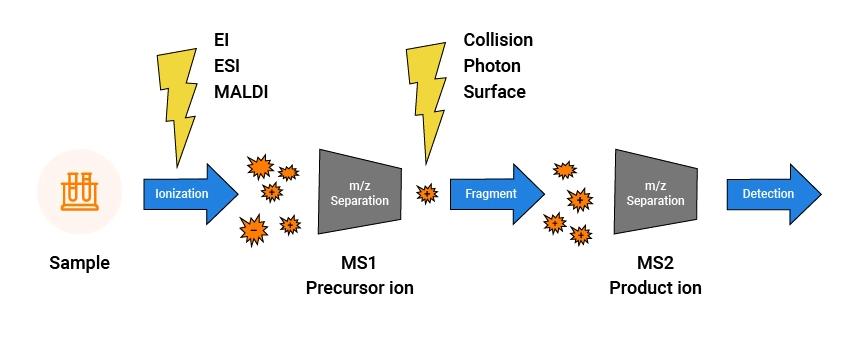In the intricate domain of pharmacological development, understanding the biotransformation of drug molecules within the human physiological system is paramount. This biotransformation process results in metabolites, which can vary in their pharmacodynamic and pharmacokinetic properties. Metabolite Identification, abbreviated as MetID, becomes the linchpin in this context, facilitating a holistic view of drug metabolism and its subsequent implications. Let's embark on a more detailed exploration of MetID and its cardinal role in contemporary drug discovery and development.

MetID: A Comprehensive Overview
At its core, MetID is the systematic identification and characterization of metabolites formed when a xenobiotic substance, like a drug, undergoes biotransformation. The human body, equipped with a plethora of enzymes, primarily within the hepatic system, catalyzes the metabolism of these drugs, leading to the formation of various metabolites. These metabolites can have diverse pharmacological profiles. Some might be pharmacologically inert, others could display therapeutic efficacy, and a subset might exhibit toxicological effects. Thus, the MetID process becomes indispensable. Utilizing sophisticated analytical techniques such as high-resolution mass spectrometry (HRMS) and nuclear magnetic resonance (NMR) spectroscopy, scientists can elucidate the chemical structure of these metabolites, deciphering their biogenesis pathways and predicting their potential physiological impact.
The Fundamental Priorities of MetID
Pharmacovigilance and Drug Safety
A primary tenet of pharmacology is ensuring patient safety. By comprehensively understanding the metabolites a drug yields, pharmacologists can more accurately anticipate potential adverse drug reactions (ADRs), thereby enhancing the drug's safety profile.
Enhancement of Therapeutic Potency
Intriguingly, certain metabolites, sometimes termed "active metabolites", can manifest greater pharmacological activity than the parent compound. Recognizing and harnessing the therapeutic potential of such metabolites can lead to dose optimization or the development of innovative therapeutic agents.
Regulatory Compliance
Health regulatory bodies, such as the U.S. Food and Drug Administration (FDA) or the European Medicines Agency (EMA), necessitate rigorous metabolite profiling, especially for those metabolites that are systemically available in appreciable concentrations. Adherence to these regulatory guidelines ensures not only a smoother drug approval trajectory but also fosters greater confidence in the therapeutic agent's safety profile.
Informed Drug Design
Medicinal chemistry is an iterative process. Insights gleaned from MetID can equip medicinal chemists with invaluable information, enabling them to synthesize drug candidates that yield benign metabolites or to strategically bypass undesirable metabolic pathways.
Contemporary Techniques in MetID
Over the years, the field of MetID has been revolutionized by technological advancements. Liquid chromatography-tandem mass spectrometry (LC-MS/MS) has become the gold standard in metabolite profiling, providing unparalleled resolution and sensitivity. Complementing these experimental approaches, in silico tools, leveraging algorithms and databases, facilitates predictive metabolomics, allowing scientists to anticipate potential metabolic pathways and metabolites even before in vitro or in vivo studies commence.
Challenges and Future Paradigms
Despite the strides in MetID, the discipline isn't devoid of challenges. The vast heterogeneity of human metabolic enzymes and the subsequent potential for myriad metabolites makes exhaustive metabolite prediction arduous. Additionally, genetic polymorphisms in metabolic enzymes can induce inter-individual variability in drug metabolism. To navigate these challenges, the connection between experimental metabolomics and computational metabolite prediction will be pivotal. A collaborative ethos, fostering interplay between analytical chemists, pharmacologists, and computational biologists, will be paramount.

In Conclusion
metabolite identification MetID, while one facet in the multifaceted realm of drug development, is of profound significance. As we tread forward in the dynamic landscape of pharmacological research, a comprehensive understanding of drug metabolism and its implications will be of paramount importance. The synergy of state-of-the-art technology, rigorous scientific methodologies, and interdisciplinary collaborations heralds a promising future, driving us closer to the zenith of precision medicine.
